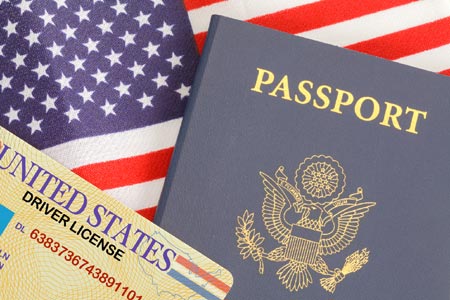One of the most crucial duties of every Notary is to identify the signers. However, figuring out whether a specific ID is permitted can be difficult.
There’s a good probability that you’ll come across an unexpected ID at some time given the variety of IDs in the globe.
So how do you decide if it’s okay? That depends on the location of your commission. You must be aware of the ID requirements in your state because they differ significantly from state to state. As we shall see, these rules will specify how much discretion or judgment a Notary must use in approving or rejecting an ID.

Other states have acceptable ID requirements for notaries.
Several states, like Texas, specify what details or components an approved ID must contain.
When deciding whether or not to accept an ID that has been presented for notarization, notaries in these states must use some discretion. A Notary may accept the ID as long as it complies with the particular requirements. Texas, for instance, mandates that an ID be valid, issued by the U.S. federal government or any U.S. state government, and include the signer’s photo and signature (CPRC 121.005[a]).
States that don’t provide Notaries with instructions on ID
Several states have rules that provide scant to no guidance regarding acceptable IDs. In these states, it is entirely up to the discretion of the Notary whether or not to accept an ID.
Finally, depending on your state’s regulations, the best course of action if you are provided with an unreliable or suspect ID is to request an alternative form of identification from the signer or utilize another way of identification, such as a reliable witness or personal knowledge.
